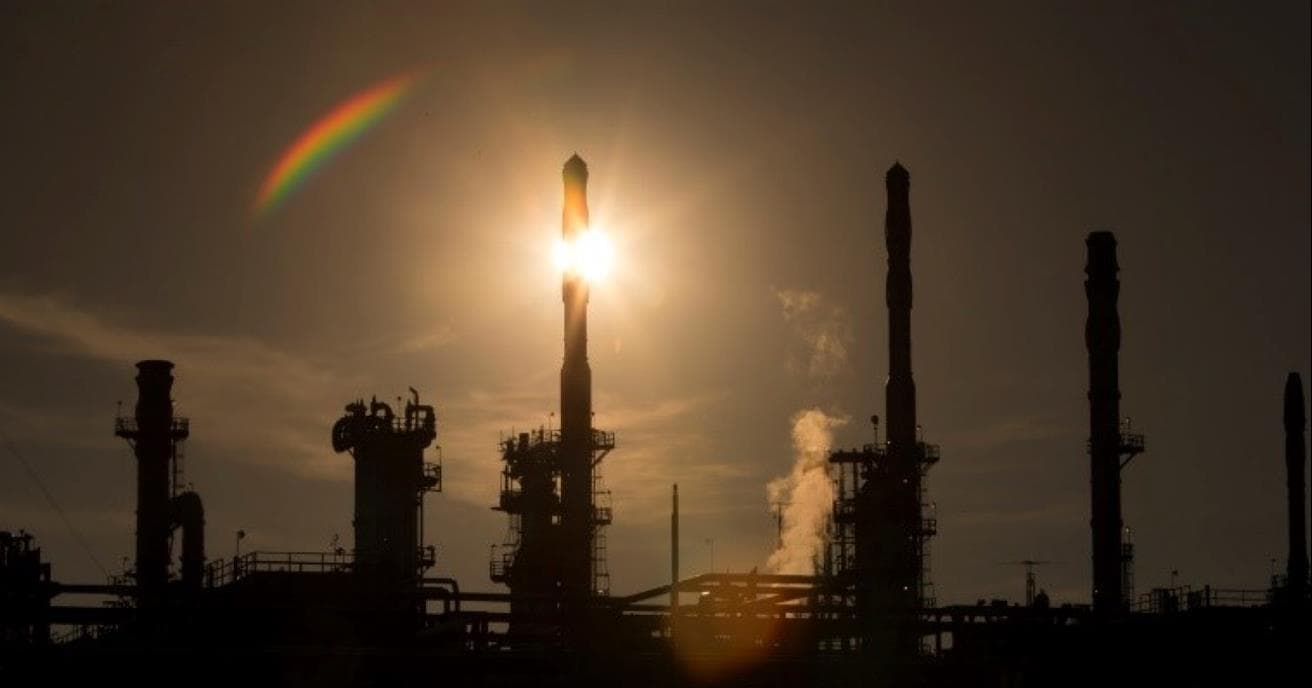Industrial facilities as large and complex as our refineries in Edmonton, AB; Sarnia, ON; Montreal, QC and Commerce City, CO require regular maintenance for safe and efficient operation. In many parts of these facilities, maintenance tasks cannot be performed while the plant is operational. Similar to changing the oil in your vehicle while it is parked and the engine is off, our refineries also require scheduled ‘shut down’ periods for maintenance.
“A shut down or turnaround is a planned event where production is suspended or decreased for a specific time period in order to perform maintenance tasks,” says Marc Mageau, senior vice president, Refining and Logistics, Suncor. “This involves equipment inspections, and if necessary, repairs, replacements and technology upgrades.”
The duration of a turnaround can vary – several days for a minor annual turnaround to several weeks for a major turnaround occurring only every few years. During this time, a variety of skilled tradespeople perform a wide range of maintenance activities throughout the refinery. Several hundred contract employees may be needed.
The impact of a turnaround on our neighbours and the local community can vary:
- Some turnarounds generate increased flaring and additional noise, while others produce no noticeable effect.
- A larger contract workforce may result in increased traffic to the refinery.
- Economic contributions can exceed millions of dollars and include spending on parts and services.
- Efficiency and environmental performance are increased as we invest in the newest and best equipment during our turnarounds.
The work doesn’t stop there. We experience some of the coldest temperatures on the planet at our refineries, which is why we need to winterize our operations before the cold sets in. From December to March we monitor the refinery’s winter performance and make note of any operational issues where winter weather may have been a factor. Then, when spring arrives, we can evaluate how best to improve our efforts for next winter.
“We don’t just begin getting ready for winter in September or October, it’s actually something we do throughout the year – winter preparedness doesn’t stop for us,” says Bob Stell, chief operating engineer at Suncor’s Sarnia Refinery.
While it’s tough to think about ice and snow in the heat of summer, that’s when our employees are taking a look around the refinery to identify what needs to be done before winter weather arrives.
All of this makes winter preparedness a team effort. Typically, there are more than 400 tasks that need to be done. A team of employees from different parts of the refinery works together to make sure the right resources are available, and the work gets done in time.



